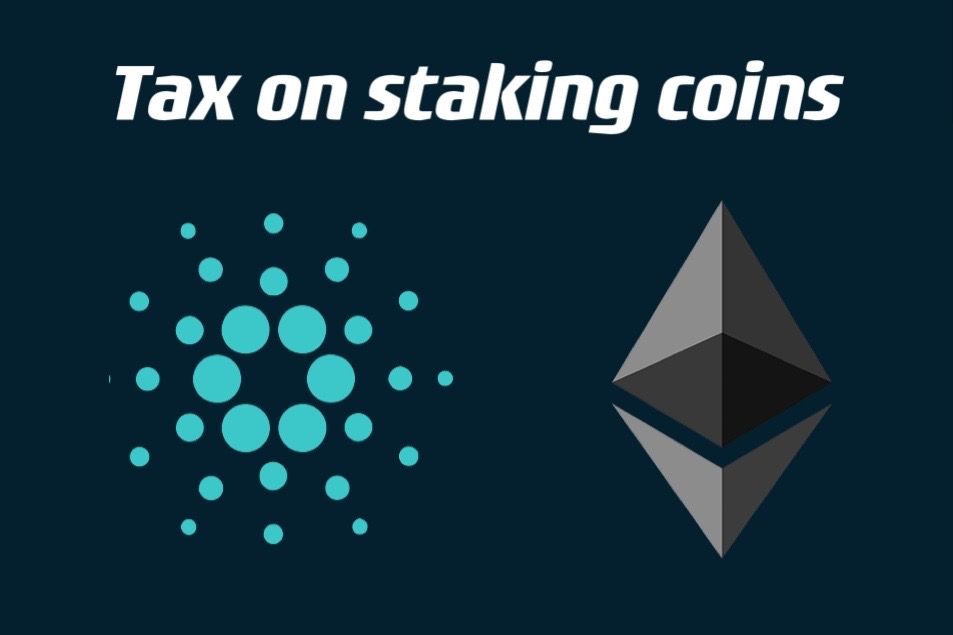How staking is taxed

Ethereum, Cardano and Polygon are some of the popular staking coins in the market. Staking can allow you to earn extra coins on your digital assets without lending to third parties like non-staking coins such as Bitcoins. This is a pretty much risk free reward as you have full ownership on your coins while staking.
It sounds great, and our tax authorities also love it (Yeah, taxing it). However, the taxing rules remain mixed for most of the countries in the world as staking is a new world to them. Let's understand the global tax rules on staking.
1. Dilution effect
Some countries do not tax the staking as they consider that the new coins are dilutive to the current coins. Assuming the total value of the coins are $1 million and there are 1 million coins in the market, each coin has a value of $1. After staking, there are 2 million coins in the market and now each coin has a value of $0.5. Staking alone does not create any extra value to the coins (otherwise you should create a coin and stake it indefinitely), it works more like a reallocation of value from non-stakers to stakers.
These countries tax you only when you sell the coins with profits. Fair enough.
2. Maintenance service
Most countries issuing tax guidance on staking tend to argue that the reward coins from staking is a fee that the stakers receive for their network maintenance services, therefore such fee is taxable.
Techically it seems reasonable but it is not fair to non-stakers. Non-stakers in these countries should be treated as incurring maintenance service costs everytime the coins have staked and the costs are deductible from taxable income.
Well. Fairness is not the priority of tax law.
3. Interest income
Some countries consider the staking rewards as interest income. Without drilling in technical details, the rewards looked similar with interest income as the stakers get paid when the coins are put in the fixed deposits ("at stake").
This makes sense but is also not fair to non-stakers as they should also incur interest expense at the same time.
4. Other income
Indeed, most of the countries consider the reward as other income because they simply don't bother or it does not matter in the tax laws how they categorize the rewards as all personal income will be taxed at the same rate.
Without assigning any nature of the rewards, it is even harder for taxpayers to argue whether the extra coins should be taxable.
5. Capital gain
A few countries consider the rewards as capital gain. Honestly we don't understand why but this is how they see it. It may not be a bad news as some countries tax lower rates on capital gain than other type of income.
Please talk to your tax professional how your countries treat the staking income to understand your tax exposure.

